hindsight bias
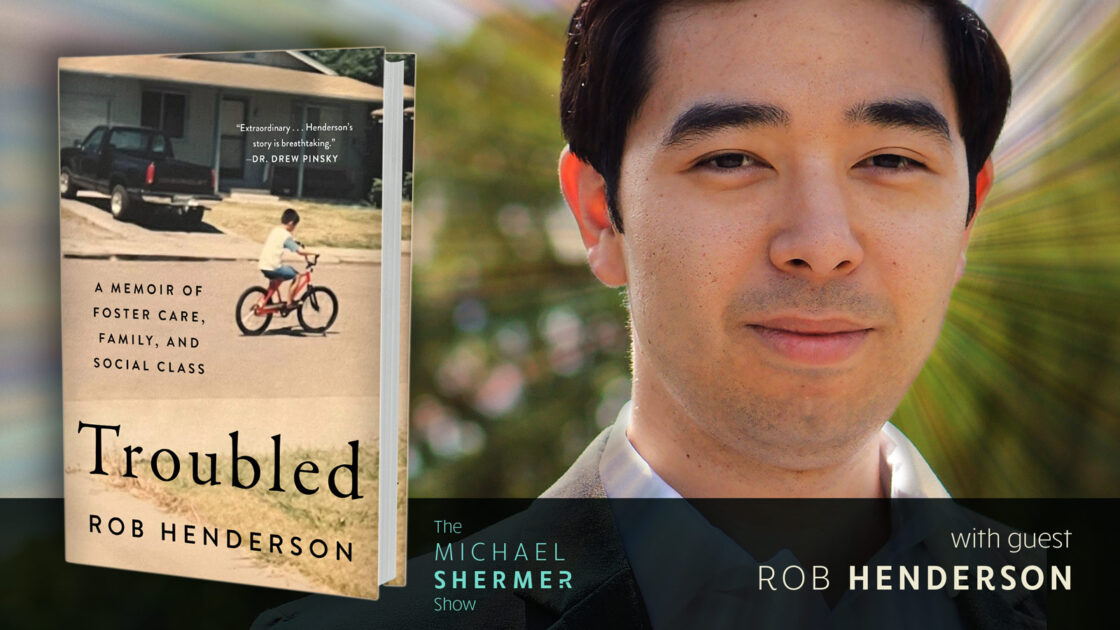
Shermer and Henderson discuss: hindsight bias • genes, environment, luck, contingency • foster care • incarceration rates • marriage, divorce, childhood outcomes • poverty, welfare programs, and social safety nets • the young male syndrome • alcohol, drugs, depression • luxury beliefs of educated elites • wealthy but unstable homes vs. low-income but stable homes • inequality • Henderon’s experience in the military, at Yale and Cambridge • the Warrior-Scholar Project.
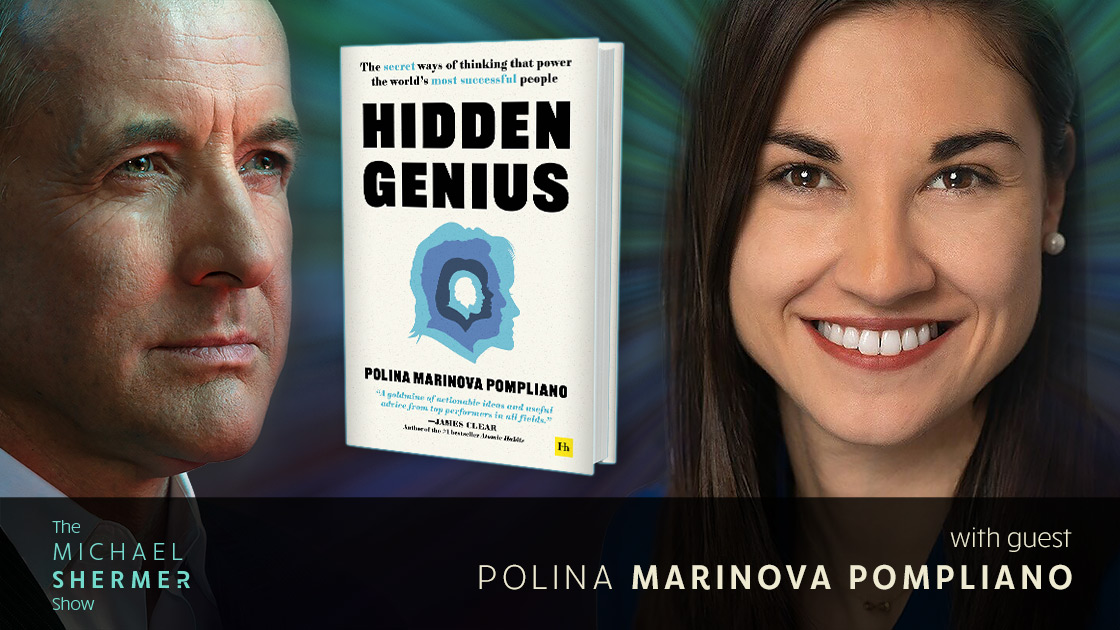
Shermer and Pompliano discuss: personal journey from college to Fortune to The Profile • what distinguishes the truly exceptional from the merely great • What is genius? • hindsight bias • David Goggins: Do something that sucks every single day • stress-testing yourself through regular hardship • victimhood: “Suffering is universal but victimhood is optional” • fear • updating existing beliefs • pursuing meaningful goals • trust = consistency + time.
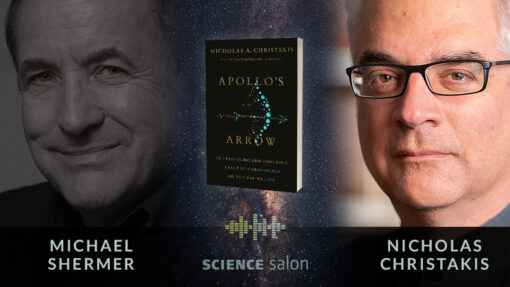
Shermer and Christakis discuss: the replication crisis in social science and medicine • determining causality: how we know smoking causes cancer and HIV causes AIDS, but vaccines do not cause autism and cell phones do not cause cancer • randomized controlled trials and why they can’t be done to answer many medical questions • natural experiments and the comparative method of testing hypotheses (e.g., comparing different countries differing responses to Covid-19) • the hindsight bias and the curse of knowledge…
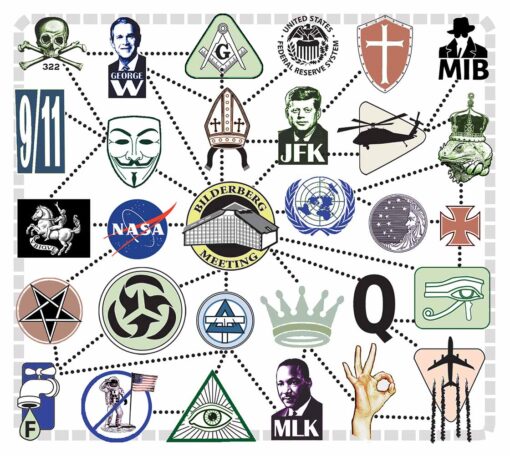
What is a conspiracy, and how does it differ from a conspiracy theory? Michael Shermer explains who believes conspiracy theories and why they believe them in the following essay, derived from Lecture 1 of his 12-lecture Audible Original course titled “Conspiracies and Conspiracy Theories: What We Should Believe and Why.”
Dr. Anondah Saide and Dr. Kevin McCaffree examine whether political party identification is associated with tolerant attitudes towards individuals with different political views. ALSO, Michael Shermer explains who believes conspiracy theories and why they believe them in an essay derived from a lecture on conspiracies and conspiracy theories.
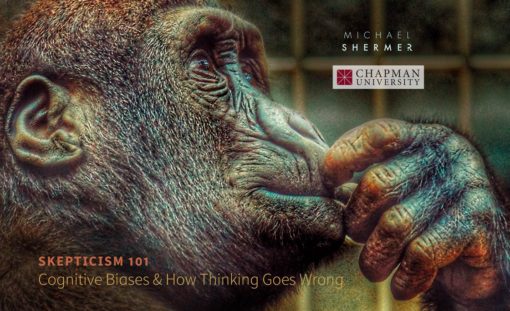
Dr. Michael Shermer reviews the many ways that our attempts to understand the truth about the world are derailed by cognitive biases, including the anchoring bias, the representative bias, the availability bias, the confirmation bias, the hindsight bias, the self-serving bias, and even the bias bias.












